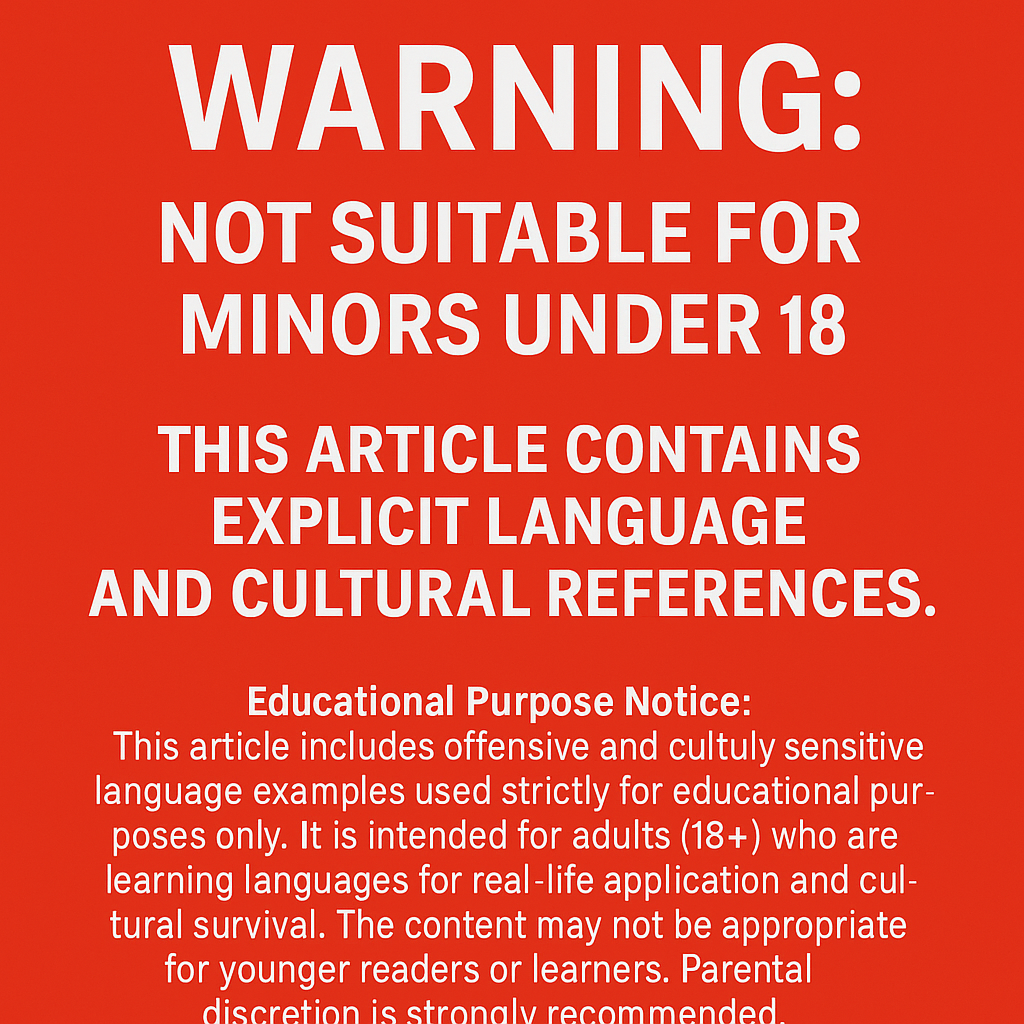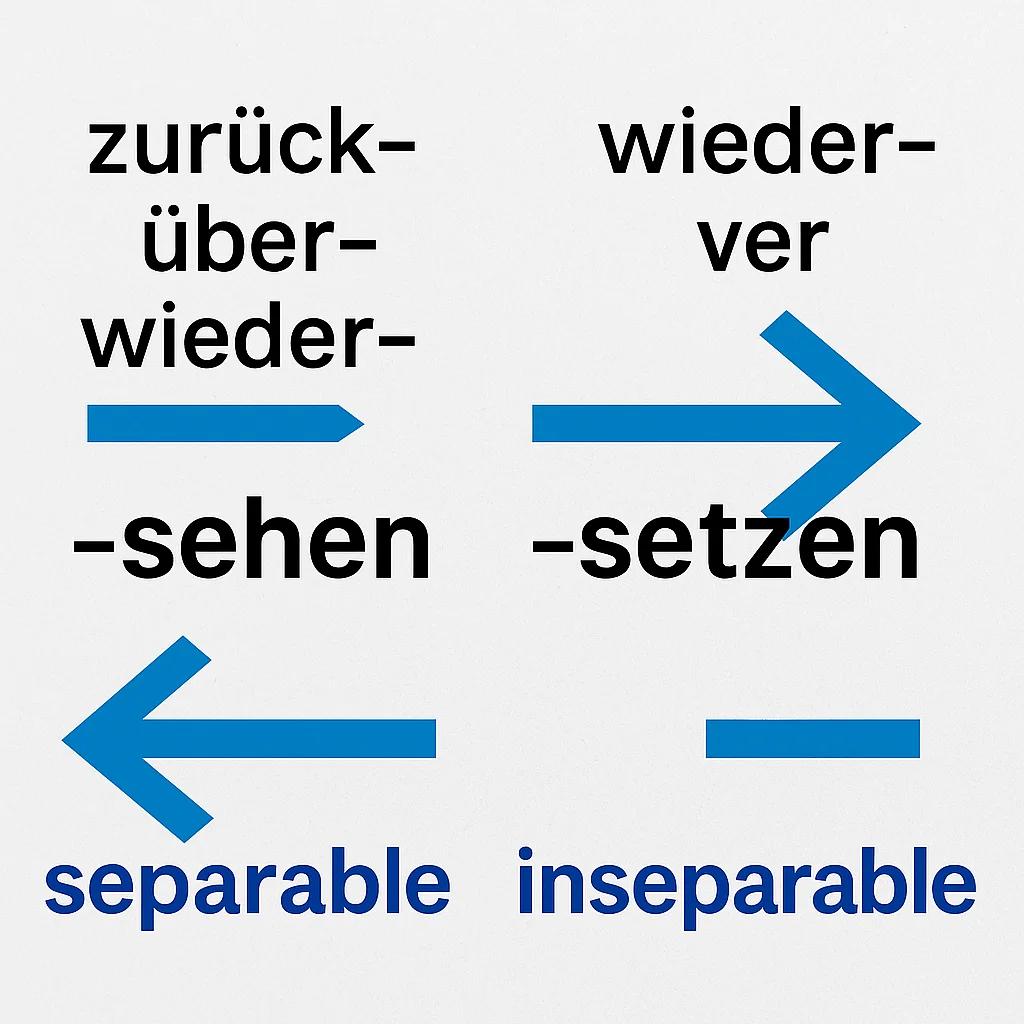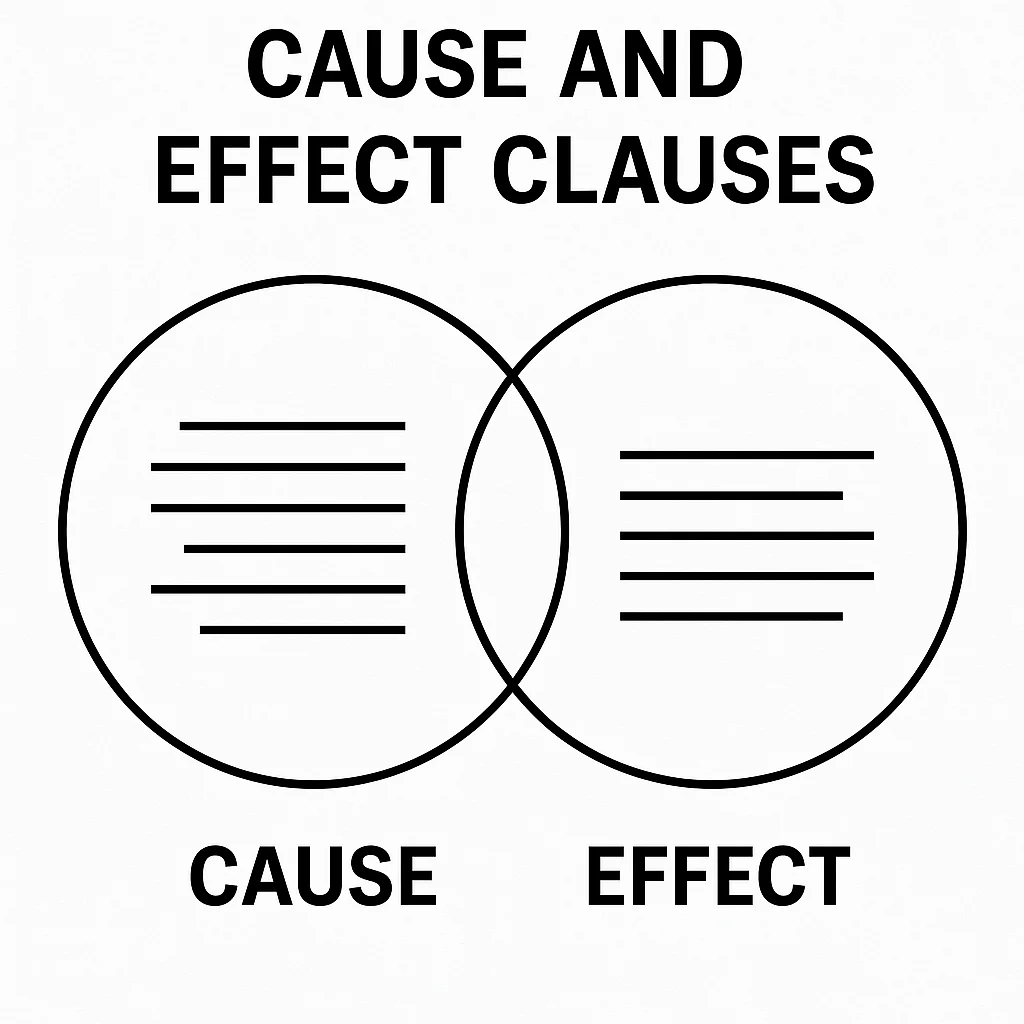⚠️ WARNING: NOT SUITABLE FOR MINORS UNDER 18
⚠️ THIS ARTICLE CONTAINS EXPLICIT LANGUAGE AND CULTURAL REFERENCES.
Reader discretion is advised.
Educational Purpose Notice:
This article includes offensive and culturally sensitive language examples used strictly for educational purposes only.
It is intended for adults (18+) who are learning languages for real-life application and cultural survival.
The content may not be appropriate for younger readers or learners. Parental discretion is strongly recommended.
— 开始语言学校》,作者 Tymur Levitin
It’s not just “yes-yes” — it’s a cultural trap
What You Think You’re Saying vs. What They Hear
If you’re learning German, you might think saying “ja-ja” is just a way to agree enthusiastically — like “yes-yes!”.
But in reality, “ja-ja” is not neutral. Depending on the tone, region, and context, it can be heard as:
- Sarcasm
- Passive-aggressive dismissal
- Reference to Nazi-era speech
- Or even — in some cases — a vulgar or sexual subtext
Yes, really.
What “Ja-Ja” Can Actually Mean
In some dialects and informal speech, “ja-ja” carries a heavy undertone of irony.
Similar to English “yeah, yeah, whatever” or Russian “ага-ага, расскажи ещё”, it may imply:
“Yeah sure, I don’t believe you.”
“Yeah, whatever, go on…”
“Попизди-попизди…” — in Russian, a dismissive phrase meaning “keep talking nonsense.”
In this context, the word “ja” repeated twice sounds condescending, even vulgar.
A Darker Association — “Jawohl” and the Nazi Echo
In parts of Germany and Austria, especially among older generations or in formal settings, saying “ja-ja” may unintentionally echo Nazi military speech, especially if said with a strong, sharp tone.
- “Jawohl, Herr Hauptmann!” — was a common phrase of obedience in Nazi-era military ranks.
- A clipped “ja-ja” can sound dangerously close to this rhythm, especially with a raised voice or military posture.
Even today, Germans are deeply sensitive to such echoes. What sounds like simple repetition to a foreigner may bring up historical trauma for others.
Vulgarity in Certain Contexts
Let’s be blunt — sometimes, “ja-ja” is not just sarcastic.
Depending on pronunciation, mimicry, and especially if it’s uttered in a joking tone, it can sound like a sexual reference 或 mocked moaning — especially in adult slang or media.
In some regions, this can remind people of porn movie clichés or trigger unwanted associations.
As one student once told us:
“I was just confirming something with ‘ja-ja’ in a funny tone. The German woman went silent. Later I learned she thought I was being obscene.”
What to Say Instead
There are plenty of safe, natural alternatives that German native speakers use to agree:
| Situation | Better Phrases |
|---|---|
| Neutral agreement | Na ja…, Stimmt, Genau, Richtig |
| Strong agreement | Ja, klar!, Auf jeden Fall!, Natürlich! |
| Surprise or interest | Ach so!, Echt?, Wirklich? |
| Emotional tone | Oh ja…, Doch!, Tatsächlich! |
Use these — and you’ll sound much more fluent, natural, and culturally aware.
Why Most Teachers Never Talk About This — and Why We Do
Many language schools avoid “controversial” topics.
They’ll teach you grammar.
They’ll drill vocabulary.
But they won’t tell you:
- That saying “can’t” the wrong way in the U.S. sounds like “cunt” — the English word for пизда
- That saying “ja-ja” can sound like “попизди-попизди” to a German ear
- That saying “I need toilet” is not just wrong — it’s rude
Why? Because it’s easier to pretend language is neutral.
But we know better. And we teach better.
Our Mission Is Not to Decorate You with Language — But to Protect You with It
在 列维廷语言学校 和 开始语言学校》,作者 Tymur Levitin,
we don’t just teach grammar and words.
We prepare you for survival.
All our teachers are professional translators.
We were trained not just to teach — but to decode cultures, navigate danger, and make people feel safe.
Because sometimes one wrong word — can cost you a job, a visa, a relationship, or your dignity.
In other schools, you’ll learn to talk.
With us — you’ll learn not to get burned.
Want to Learn Language That Protects, Not Betrays?
Join us:
🌐 https://levitinlanguageschool.com
🌐 https://languagelearnings.com
Author: Tymur Levitin
Founder, Director & Head Teacher of Levitin Language School
Author’s Column: Language, Survival, and Truth
© Tymur Levitin. All rights reserved.
Contacts & Channels
Telegram (News): https://t.me/start_school_tymur
Telegram (Learning Communities):
– https://t.me/START_SPRACHENSCHULE_TYMUR
– https://t.me/START_LANGUAGE_SCHOOL_TYMUR
Facebook:
– Global: https://www.facebook.com/@timurlevitin
– Canada/Israel: https://www.facebook.com/englishdeutschtimurlevitin
– U.S.: https://www.facebook.com/profile.php?id=61560395143684
Instagram:
– https://www.instagram.com/timurlevitin/
– https://www.instagram.com/tymur_levitin_/
Facebook Group: https://www.facebook.com/groups/728240905385457
Blogger: https://timurlevitin.blogspot.com/
LinkedIn (School): https://www.linkedin.com/company/start-language-schoolby-tymur-levitin/
























